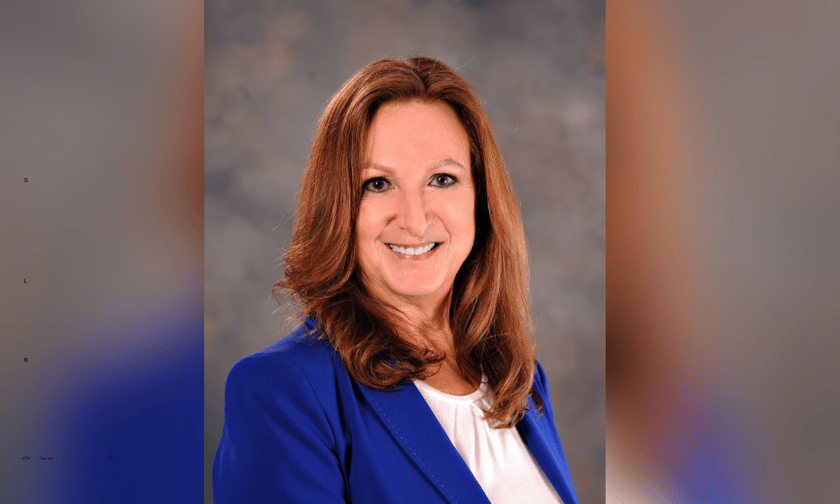

It's no secret that chief financial officers (CFOs) wield significant influence as financial decision-makers. Within the insurance realm, these professionals bear the responsibility of crucial purchasing decisions and expenditures related to risk management.
To delve deeper into the challenges confronting CFOs, Travelers recently unveiled findings from its 2024 CFO report.
Targeting enterprises with over 500 employees, the firm conducted a comprehensive survey encompassing 610 CFOs from diverse industries to gauge their insights on macroeconomic trends.
Joann Balous (pictured), vice president of sales and marketing for large accounts at Travelers, discussed further survey insights with Insurance Business.
“At Travelers, we know that we must provide products, services and capabilities to CFOs,” Balous said. “We have to understand what products they want so that we make sure to offer them.
“It was really us understanding CFOs' needs when it comes to managing risk so we can then respond to those needs.”
Travelers’ survey findings underscore the pivotal role of CFOs, with 67% holding sole responsibility for purchase decisions concerning commercial property and casualty insurance.
Among the key areas of optimism for CFOs, 41% of those surveyed felt positive about the financial stability of their companies. Other areas of confidence included corporate reputation and customer satisfaction and retention.
Conversely, areas of concern encompassed economic uncertainty, market competition, and talent acquisition and retention.
Travelers’ survey revealed that 44% of CFO respondents expressed apprehension about talent acquisition and retention, a factor reshaping the landscape of their role.
“We know post-pandemic there was the great retaliation. It’s very difficult to hire employees and it’s very difficult to keep employees. This is something CFOs didn’t have to deal with pre-pandemic, so it’s changed the entire outlook of the CFO position,” said Balous.
Summarizing the workforce concerns of CFOs, Balous said, “An important part of keeping people is making sure that you're providing training to them and resources so that you're advancing their career. But another concern of the CFOs is the rising cost of talent and paying workers.”
Amidst a tightening labour market with low unemployment, 33% of CFO respondents said talent shortage was an issue, while another 33% voiced concern about meeting employee expectations in terms of benefits and paid time off.
While traditionally focused on financial reporting, survey results also underscore the modern CFO's demand for a diverse array of interpersonal, organizational, and communication skills to excel in today's dynamic landscape.
Accordingly, 62% of CFOs surveyed by Travelers emphasized the significance of strategic planning for future company success and resilience.
Fifty-two percent underscored the importance of adeptly managing complex networks and stakeholder relationships, while 48% highlighted the value of charismatic leadership and robust communication skills.
“CFOs have to upskill to be more communicative than they have in the past. Before, the CFO would just be talking with the board of directors, or the CEO. But now they must have an emotional intelligence to talk to not only the risk manager, but the HR person and maybe the safety manager,” Balous said.
“CFOs are meeting with their risk manager or risk management team, either on a daily or weekly basis. That was something they did not do before.”
